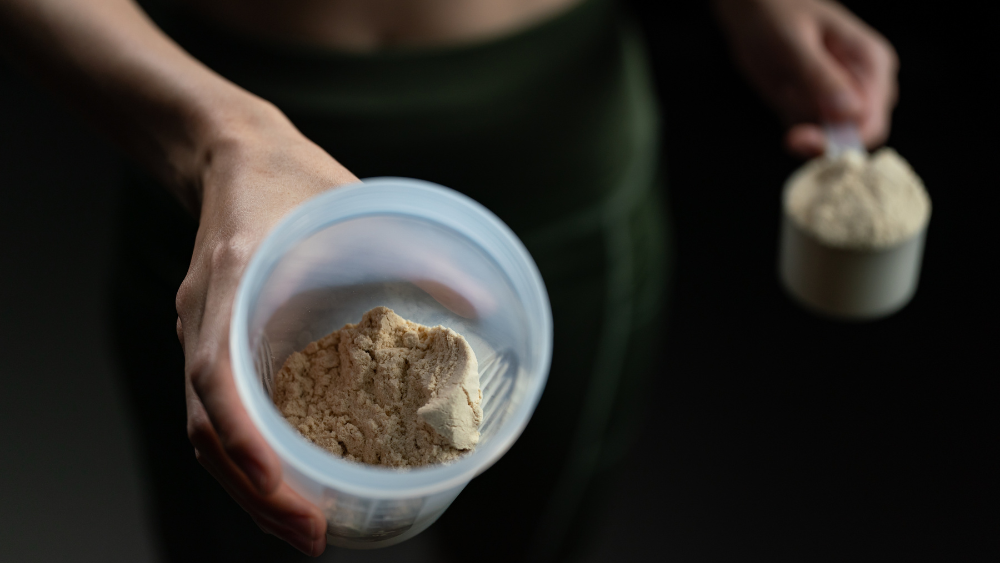When you think of creatine, your mind probably jumps straight to muscle growth, strength, and sports performance. Known as a popular supplement among athletes, creatine helps the body produce energy for high-intensity exercise. But did you know creatine could also have surprising benefits for your brain and mental well-being?
In this post, we’ll explore how creatine may support mental health — from improving brain function and boosting mood to protecting your brain cells over time.
What is Creatine?
Creatine is a naturally occurring compound found mostly in muscles, made from three amino acids. It plays an essential role in producing energy for muscle contractions, which is why it’s widely used in fitness and sports.
Beyond its well-known physical benefits, emerging research shows creatine may also support brain health and mental performance. Scientists are exploring how this supplement could enhance memory, focus, and emotional stability.
Creatine and Mental Health: What the Research Shows
Though most people take creatine for physical gains, studies suggest its benefits could extend to the mind. Let’s break down some of the ways creatine might affect mental health.
Sharper Cognitive Function
Creatine may help boost brain performance by providing extra energy where it’s needed most. Studies show creatine supplementation could improve short-term memory, mental clarity, and reaction speed — especially during demanding mental tasks.
Better Mood Regulation
Research suggests creatine may play a role in stabilising mood. By supporting the production of key neurotransmitters such as dopamine and serotonin, creatine may help improve emotional wellbeing. Increasing energy levels in the brain might also ease symptoms of mood disorders, including depression and anxiety.
Protecting the Brain
One of creatine’s most exciting potential benefits is its neuroprotective effect. Research indicates it may help shield brain cells from oxidative stress and energy shortages — factors linked to neurodegenerative diseases such as Alzheimer’s and Parkinson’s. This means creatine could play a part in keeping the brain healthier as we age.
How to Take Creatine Safely
While creatine shows great promise, it’s important to use it wisely. Here are some guidelines:
- Dosage: A typical maintenance dose is 3–5 grams daily. Some follow a ‘loading phase’ of about 20 grams a day for 5–7 days, then switch to a maintenance dose. Start low and adjust based on how your body responds.
- Quality: Choose high-quality creatine from trusted brands to ensure purity and effectiveness.
- Hydration: Creatine increases water retention in muscles, so drink plenty of fluids.
- Medical Advice: Speak with a healthcare professional before starting creatine — especially if you have kidney conditions or other health concerns.
Common Questions About Creatine and Mental Health
Does creatine carry any risks?
Creatine is generally safe for most people when taken appropriately. Some may experience digestive discomfort, muscle cramps, or dehydration if hydration is inadequate. People with kidney conditions should consult a doctor first.
Can creatine improve dopamine levels?
Yes — studies suggest creatine may boost dopamine, a brain chemical linked to motivation, pleasure, and focus. This could support both mood and mental performance.
Could creatine help with depression?
Preliminary research indicates creatine might have antidepressant effects by improving brain energy and supporting neurotransmitter function. However, more research is needed to confirm its role in mental health treatment.
Final Thoughts
Creatine isn’t just a supplement for muscle growth — it may also support mental clarity, emotional wellbeing, and brain health. As science continues to explore its benefits, creatine could become a valuable tool for both body and mind.

